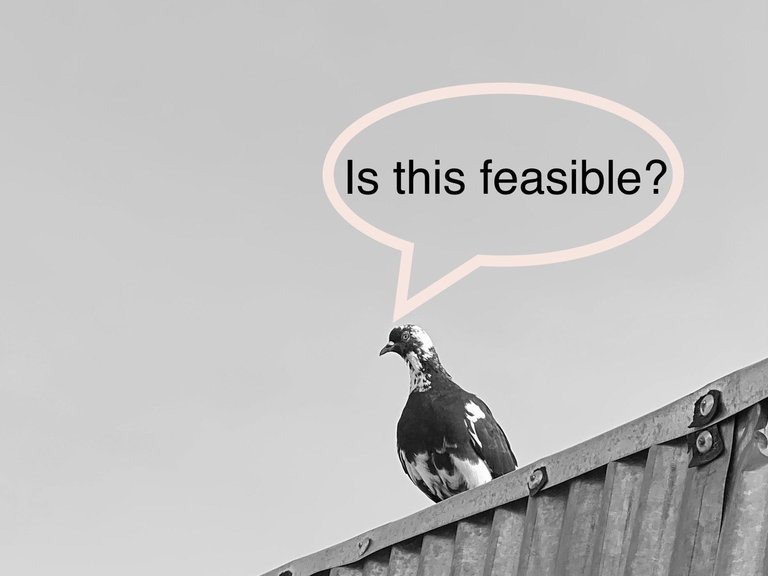I’m not sure how long it’s been since I started using the internet, but it’s been quite a while. In this time, I’ve only fallen victim to internet fraud was my involvement with ponzi schemes. This was years ago though, and for the most part, I was aware of what I was getting into, so I’m doubtful if that even still counts as being victimized.
Scammers still text me every now and then on Telegram to try to get me into ponzi schemes, but thank God I am someone who learns his lessons and learns them well, so I have not risked my hard-earned money that recklessly ever again. In this post, I’m going to be sharing some philosophies that guard my interactions on the internet and keeps my money safe.
Sounds too good to be true? It probably is
Cliché, I know, but an important lesson regardless.
It’s human nature to want to do the least to get the most. But in our pursuit of the least, we often let the euphoria of what could be cloud our judgements of feasibility.

These days, every time someone is telling me about something that sounds too good true, I automatically call bullshit in my head. Because how are you telling me that if I send you GHC 500 now, you’ll send me back GHC 5,000 in the next 24 hours. Even Jesus didn’t do that. And if it was that easy, why would be so generous? In fact, why would you bother telling me about it when all that money could be yours?
Same with the vote me as witness for 200 HIVE phishing links. Like, how can you believe this shit?
Of course, there can always be exceptions where something that sounds too good to be true turns out to be true.
Take Hive for instance, many people find it too good to believe when you tell them they can earn for writing here. In this case, it’s a lack of exposure and understanding of the blockchain world that is influencing their belief that it’s too good to be true.
Because of cases like this, what you need is proof. Not just from the person claiming and selling you what you consider to be a dream, but from sources you believe in. The internet can be a tool in that search.
Well, it doesn’t take a penny from my pocket, so what’s the worst that can happen?
A lot of internet defrauding schemes are moving away from asking you to invest your own money to not asking you for any money, and promising you huge profits as a cherry on the cake. They’ve realized that people are reluctant to click phishing links if the links explicitly say they’ll be investing their own money. But if you tell most people to sign up and “mine” stuff, they’ll click on just about anything. These days, this is really all it takes – clicking on a link.

You won’t think it’s that easy for someone to clear your wallet until you fall prey to one of these. What I'm talking about is not just limited to your money. It encompasses all forms of cyber attacks you can think of, including the fact that clicking on random links can give hackers access to those precious Hive keys you've hidden inside a folder in another folder in another folder and another folder.
Is this from a trusted source or should I trust you, bro?
One of the unpleasant things about the age of the internet is that information has become so widespread that it’s become difficult to verify the source of information and its authenticity. Everyone is a blogger now, and have massive mole followers who just wholeheartedly accept the information they dish them without a care in the world the reputation of said creator.

In the example of the 200 HIVE for witness vote phishing link I used above, a simple check of their comment history usually gives them out. But if you’re too lazy to do even that, their negative reputation – yes, the number next to their username – usually suggests they must not be in good standing with the community.
X is full of them. Creators who have the God-given gift of predicting which meme coins are pumping next and by how much margin they’re going up. Typical pump and dump tricks to FOMO you in and leave you with the bags they dump ones their tokens launch.
Do your own research people. This is enough to be a full-blown post by itself, but I believe the four words are self-explanatory enough.
If nothing in this post will stick with you, teach the voice in your head to ask “Is this thing feasible?” everytime you see or hear something that looks suspicious. With the answer to that question, you’ll know how to move.

All images in this post were shot and edited by me. The screenshot is from Hive's INLEO frontend.
Posted Using InLeo Alpha
